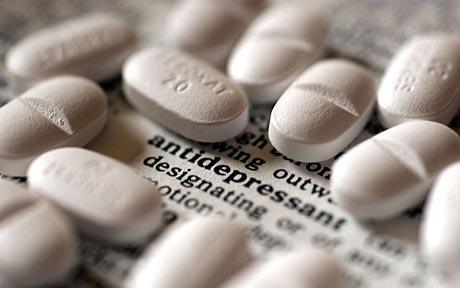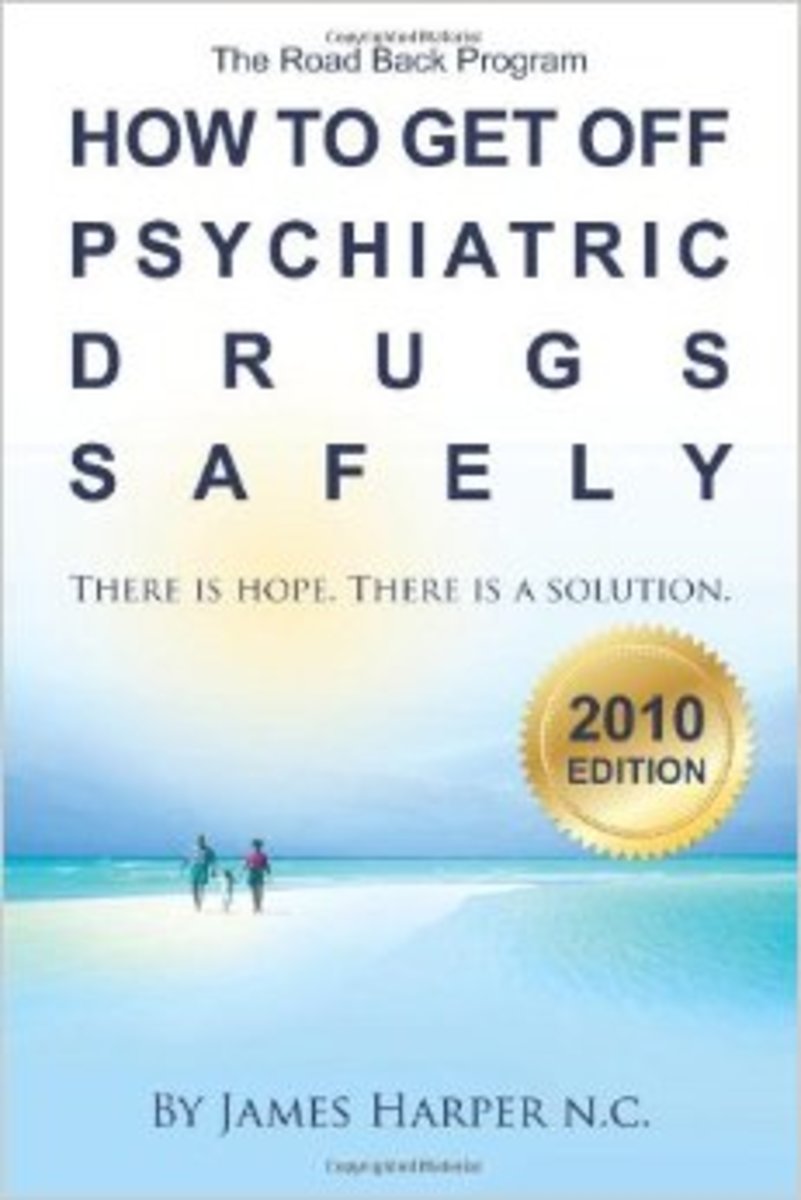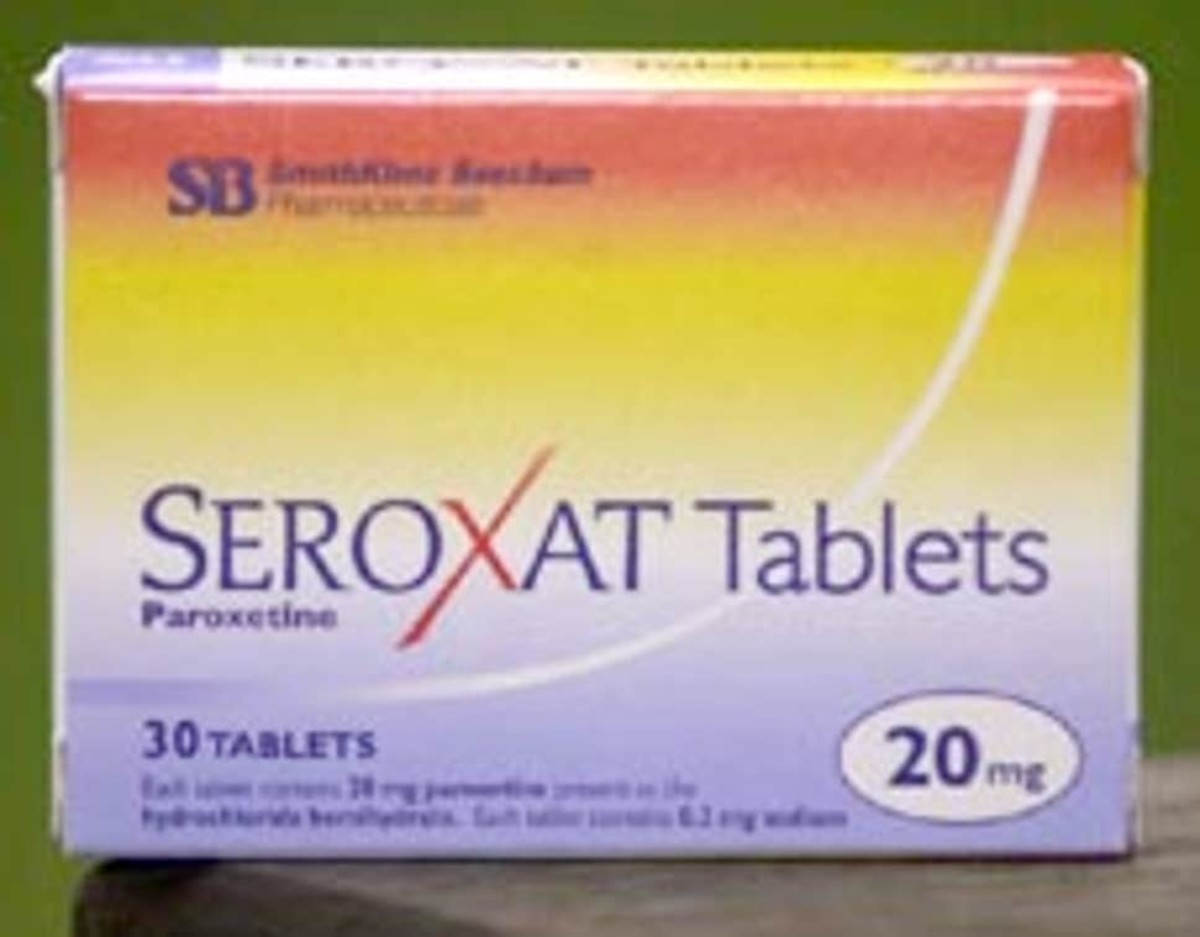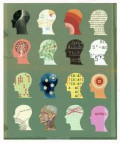The Placebo Effect: Do Antidepressants Really Work?

America on Antidepressants
As the 3rd most prescribed medication in America, it's estimated that 1 in 10 Americans takes some form of antidepressant. Between 1988–1994 and 2005–2008, antidepressant use increased by almost 400%. This is an almost obscene number, especially when we consider that many people are taking more than one antidepressant medication. Many believe this is a good thing - but is it?
According to a report released in 2011, less than a third of Americans who are taking a single antidepressant (as opposed to two or more) have seen a mental health professional in the past year. This raises concerns about how well people taking antidepressants are being monitored for health risks, among other things. Do these people even still need the medication they are taking years later without a doctor's supervision? How is it determined that they do - and by who? Why are people being prescribed such powerful and potentially dangerous drugs without seeing a doctor regularly? These are troubling questions with no clear answers, especially considering the link that may exist between antidepressants/SSRIs and violence.
The Placebo Effect
The most troubling question perhaps, is the question of whether antidepressants even work at all. According to studies, in clinical trials antidepressant drugs have consistently performed no better than placebos (sugar pills with no medicinal value whatsoever). This should be of great concern, because if a placebo is as effective as an antidepressant at treating depression, this means antidepressants aren't effective at all. Since the premise of using drugs to treat a supposed chemical imbalance is flawed to begin with, the results of these studies are perhaps not surprising. They do however raise the question of whether antidepressants are themselves a placebo of sorts, resulting in improved health not because of their chemical make-up but because the patient believes taking them will result in improved health.
Indeed, if a placebo and an antidepressant are basically equally effective in treating depression, it would stand to reason that the positive health effects come from the patient's belief in the drug, rather than the drug itself. This brings up serious concerns about the ethics of prescribing medications that are not necessary, and subjecting people to potentially dangerous or even deadly side effects by prescribing them medications they don't need which don't work. In more than 50 years, there has never been any evidence found that a chemical imbalance exists which causes depression; all research studies to prove it have failed, but still millions of drugs are prescribed every year to treat exactly that. Studies show that more than 60% of patients suffering from depression do not respond to antidepressant drugs at all, yet antidepressants are prescribed with increasing frequency. Why? (While not the focus of this article, it would be remiss not to mention that the antidepressant business is worth nearly $12 billion a year. Perhaps this is where some of the zeal for antidepressants comes from.)
What Does It Mean?
When taken together, at the very least this information suggests that depression is a multi-faceted illness which is not caused by - and cannot be treated by - any one thing. At the most, it suggests that people are being prescribed medication they don't need which does not work. This brings up many ethical questions, as well as many medical ones, none the least of which is how taking ineffective medication benefits the patient. If the medication is not addressing the symptom or illness it is being used for, it is ineffective - and therefore needless. If the medication is in fact working because of the placebo effect, is it ethical to expose people to the side effects of these medications? Why not just give a placebo? Why is so much money and time spent on things that aren't effective - and spent following a theory which many studies have already suggested is false? The patient simply suffers needless side effects - including sexual dysfunction and violent outbursts which sometimes end in murder, mass murder, suicide or worse - and little or no relief of symptoms. Yet patients are encouraged to keep paying for medication that not only does not work, it may actually harm them. The only benefits of these medications then, are to the doctors and the pharmaceutical companies.
So do antidepressants work? If a person is relying on hard science to prove it, the answer is no.








